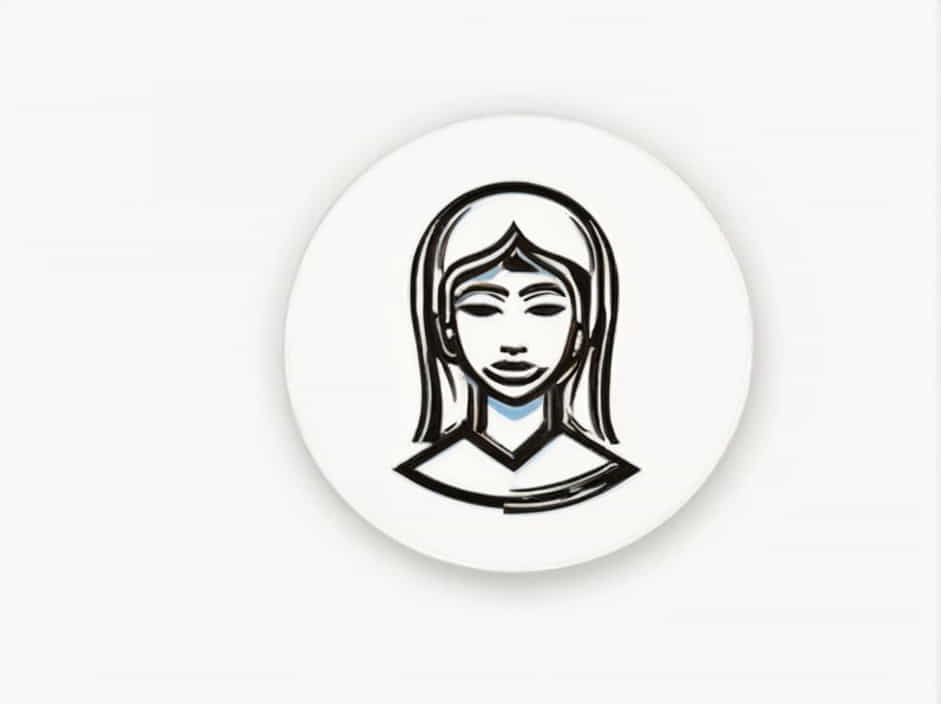The word motherland is often used to express a deep connection to one’s country of origin. It evokes a sense of national pride, cultural identity, and belonging. But what exactly does motherland mean, and why is it an important concept?
In this topic, we will explore the definition of motherland, its historical significance, and how different cultures interpret the term.
Definition of Motherland
✔ Pronunciation: MOTH-er-land
✔ Meaning: A person’s native country, often viewed with deep affection and loyalty
✔ Synonyms: Homeland, Fatherland, Native Land
The term motherland is used to describe a country where someone was born or has deep ancestral roots. It often implies a protective and nurturing connection, similar to how a mother cares for her children.
Why Is It Called “Motherland”?
The term motherland is used because a nation is often compared to a mother who provides for and protects her people. Just like a mother nurtures, shelters, and educates her children, a country provides its citizens with culture, history, and a sense of identity.
Motherland vs. Fatherland
While motherland is commonly used in English-speaking countries, some cultures prefer the term fatherland to emphasize patriotic duty and protection.
✔ Motherland – Represents nurturing, care, and emotional connection (used in Russia, India, and some African countries)
✔ Fatherland – Represents strength, defense, and leadership (used in Germany, China, and some European nations)
Both terms express love and loyalty to one’s homeland.
The Significance of Motherland in Different Cultures
The concept of motherland is important in many cultures, often symbolizing heritage, pride, and unity.
1. Motherland in History
Throughout history, people have fought to protect their motherland from invasions and threats. Some famous examples include:
✔ Russia (Mother Russia) – Russians refer to their country as “Mother Russia,” symbolizing its strength and endurance throughout history.
✔ India (Bharat Mata) – In Indian culture, the nation is personified as “Bharat Mata” (Mother India), representing cultural heritage and patriotism.
✔ Africa (Mother Africa) – Many African nations refer to Africa as “Mother Africa,” emphasizing its role as the cradle of humanity.
2. Motherland in Literature and Art
The idea of motherland has been celebrated in poetry, music, and national anthems. Many writers and artists use the term to express love, sacrifice, and devotion to their homeland.
✔ “Motherland” in Poetry – Poets often describe their homeland as a caring mother who gives life and guidance.
✔ Patriotic Songs – Many national anthems include references to the motherland, symbolizing unity and pride.
3. Motherland and National Identity
A motherland is more than just a place—it is part of a person’s identity. People feel connected to their homeland through:
✔ Language – Speaking the native language strengthens cultural bonds.
✔ Traditions – Celebrating cultural festivals and customs keeps the motherland’s spirit alive.
✔ History – Understanding a country’s past creates a sense of belonging.
Why Do People Feel Attached to Their Motherland?
The attachment to one’s motherland is deeply emotional and can be influenced by several factors:
1. Sense of Belonging
People often feel a strong emotional connection to their motherland because it is where their family, history, and traditions originate.
✔ Living in one’s motherland gives a feeling of comfort and familiarity.
✔ Even when people move abroad, they often feel a strong nostalgia for their homeland.
2. Patriotism and Loyalty
Many people are proud of their nation’s history and achievements. Patriotism often comes from:
✔ Military service – Defending the motherland is seen as an honorable duty.
✔ Civic engagement – Participating in national events and elections strengthens loyalty.
✔ Respect for culture – Preserving traditions keeps the motherland’s legacy alive.
3. Family and Heritage
For many, the motherland represents their family roots and ancestral heritage. People honor their homeland by:
✔ Teaching future generations about their cultural history.
✔ Preserving traditional customs and values.
Motherland and Migration: Can Someone Have More Than One?
In today’s globalized world, many people live far from their country of birth. This raises the question: Can someone have more than one motherland?
✔ First Motherland: The country of birth or ancestral origin.
✔ Adopted Motherland: A country where a person has settled, feeling a deep connection.
Some people embrace dual identities, feeling at home in both their native country and the country they move to. However, many still feel a special connection to their original motherland, even after years of living abroad.
Motherland and Nationalism: The Fine Line
While love for one’s motherland is positive, extreme nationalism can be problematic. It’s important to:
✔ Respect other cultures while still loving one’s own.
✔ Promote unity instead of division.
✔ Understand that people can have multiple identities.
A healthy love for the motherland should encourage cultural appreciation and global harmony, rather than superiority or exclusion.
The term motherland represents more than just a country—it symbolizes identity, culture, and deep emotional connection. Whether through language, traditions, or patriotism, people honor their motherland in many ways.
Even in a world of migration and globalization, the bond with one’s motherland remains strong. It serves as a reminder of where we come from, what we cherish, and the values that shape us.
